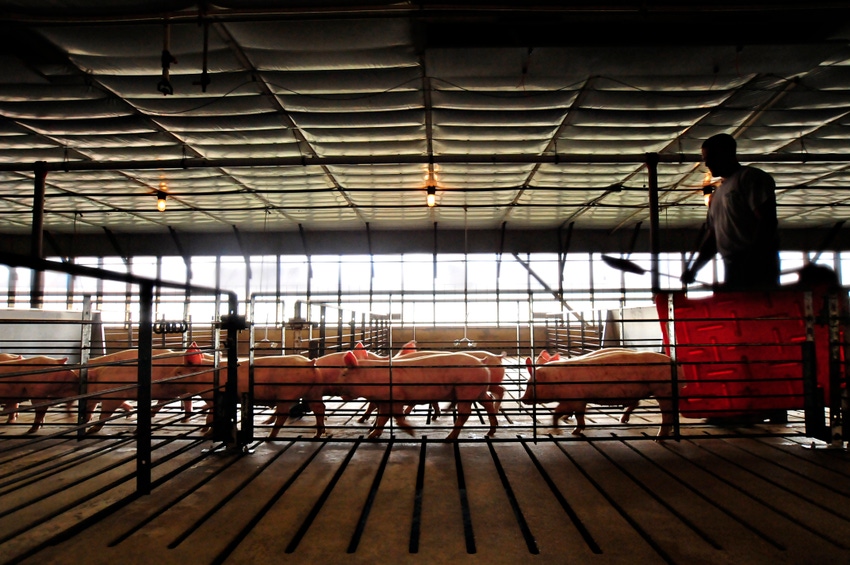Pipestone veterinarian urges producers to be aware of their mental health and their team members.

These are unprecedented, uncharted times for U.S. pork producers, and moving forward difficult decisions will need to be made each day until pork processing is again running at full capacity. That's why Gordon Spronk encourages producers to form a crisis management team on their farm.
"If you already haven't formed a team, you may wish to consider your veterinarian, your nutritionist, key staff and other trusted members of your staff on your team because these decisions, while other decisions are being made in faraway places, these decisions will be made on your farm," says the veterinarian and co-founder of Pipestone System.
Since August 2018, Spronk and the Pipestone team have had to make some of those same difficult decisions in their own operations in China as they were forced to euthanize large populations of pigs due to African swine fever. Now Spronk says the team is applying those observations and processes to the current COVID-19 situation here in the United States as pigs are being backed up in the supply chain from pork processing not running at full capacity.
During a National Pork Board webinar Tuesday, Spronk described what is happening to the industry as a "kindergarten case of musical chairs where not everyone can sit down at the same time with new rules: when someone has no chair, they take the chair away and add more people."
"Unfortunately, in the case of harvesting hogs, more hogs are added rather than taken away while plants are being taken offline, in the case of musical chairs, resulting in a sudden buildup where you can measure each week," Spronk says. "If at the current rate, last week we had around 600,000 to 700,000 hogs that did not get slaughtered. This week on Friday at the same rate, there may be up to a doubling of that again. For illustration purpose and fairly accurate estimating based on your model and assumptions, by the end of this week between 1.3 to 1.4 million hogs will not get harvested."
That being said, Spronk says these are animals that are being backed up and producers need to respect the life and death decisions they are making and make those decisions with compassion and care.
"Because what we've seen in Asia, sometimes we are overwhelmed by the numbers. Sometimes we don't implement our plan very well resulting in social media messaging that may not send an accurate message of reality and with the culture we live in result in miscommunication of the real issues. Sometimes we need to carefully consider the actions we take and how we communicate them," Spronk says.
Before pushing "send" on any social media, Spronk suggests following the advice his sixth-grade teacher taught him, "maybe you should put that in the drawer for 24 hours before you send that letter."
"I think maybe there's some wisdom the same here in social media that while we may have the emotion of wanting to send a message, I'd ask you to carefully consider it," Spronk says.
He also urges producers to be aware of their mental health, as well as the mental health of their team members.
"We're all agriculturalists. Many of us are fully aware of the planting season we're in, so we are multitasking work, we're making many decisions, and we may have decision-making fatigue," Spronk says. "I would just ask you to share with others on your team exactly how you're feeling, what you're thinking. Think of the things you're thinking. Be aware of your mental state of mind. Be aware of your emotions."
As Spronk points out, anger may be your first response.
"Grandpa always taught me whatever you can do with anger, you can do it better without it," Spronk says. "Be aware of the mental health of your team and yourself. Reach out for help."
Spronk encourages producers to reach out to Ted Mathews, director of rural mental health for Minnesota at 320-266-2390. The NPB has also put together a Stress Management Resources page on its COVID-19 site.
About the Author(s)
You May Also Like





